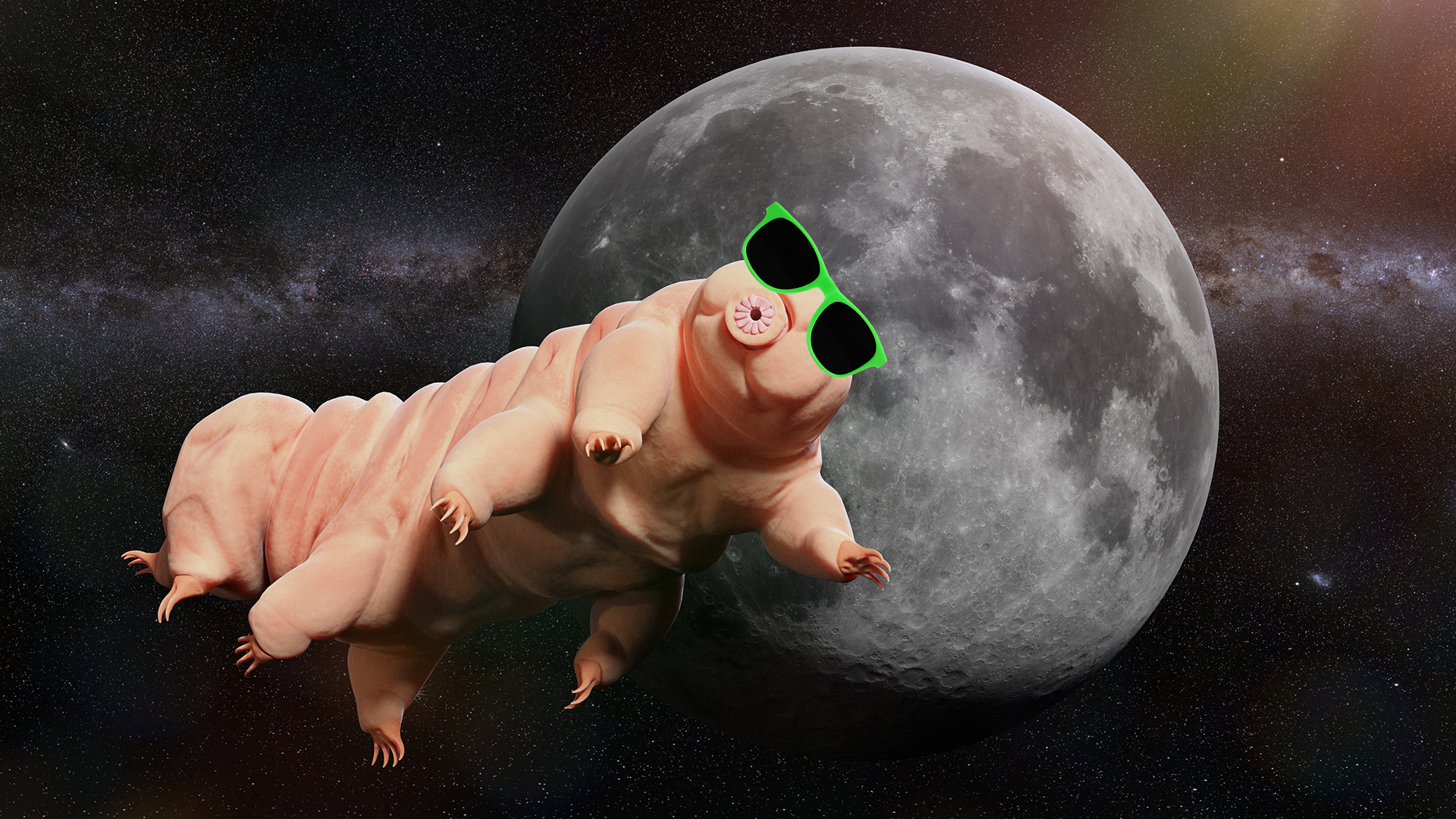Top 10 Cosiest Bear Hibernation Facts
Paws what you're doing and check out this fur-cinating list of hibernation facts! You'll bear-ly believe number 8!
Bears are amazing for loads of reasons, and not least because of how they hibernate over winter. Do you know all these snoozy hibernation facts? Read on to find out!
Looking for more amazing animal knowledge? Check out these polar bear facts, these panda facts, or even these koala facts!
1. Hibernation is more than just sleeping
Bears hibernate to save food during the difficult winter months. But did you know they don't sleep all the way through the winter? Bears will sometimes wake up, and are always ready to defend themselves if they're attacked or if their den gets flooded. Animals that are "true" hibernators include hedgehogs - and they really do sleep all winter!

2. They eat a lot to prepare
Bears need to put away a LOT of food to get themselves ready for hibernation. They can eat up to 20,000 calories a day - that's 10 times what a human should eat! If they are in a situation with loads of food, they won't hibernate at all - but most of the time they have to.
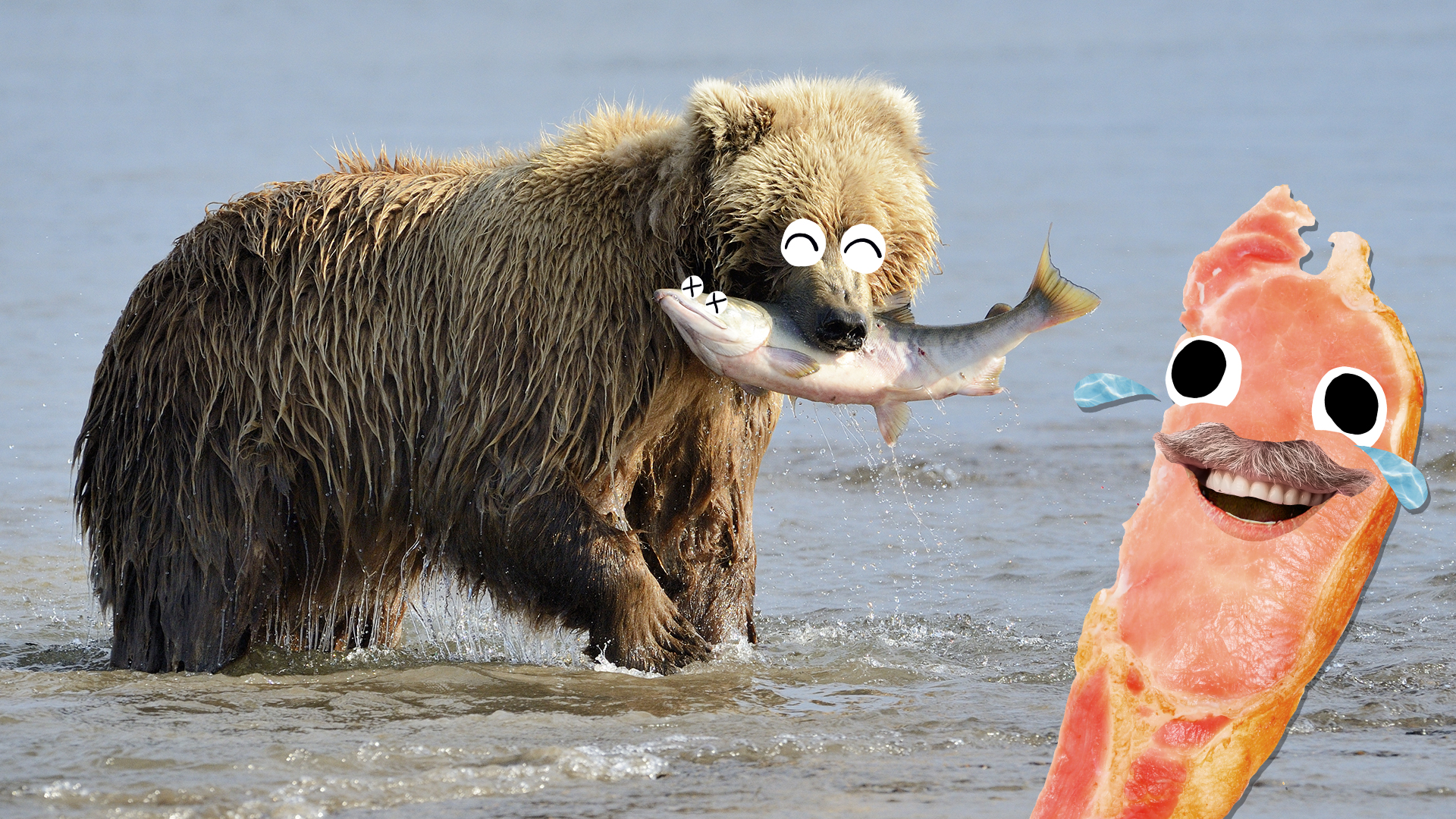
3. Bears don't just hibernate in dens
Bears will often dig themselves a cozy den to sleep in, but sometimes they'll just curl up in the roots of a tree or even just in a pile of leaves! It all depends on their situation and how cold it is, and every bear is different!
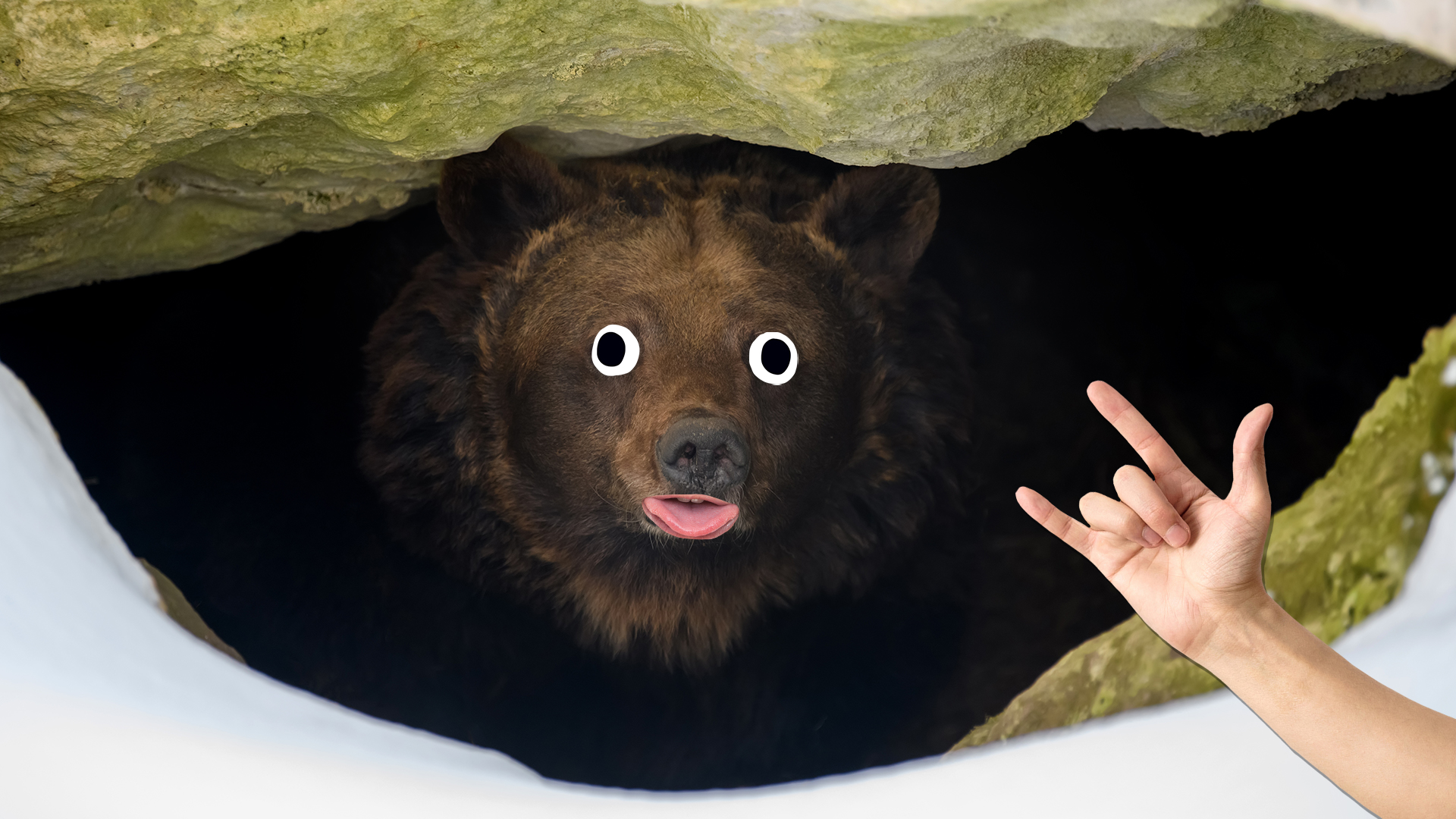
4. Bears usually come back to the same den
Once a bear has foud a good spot, they're often come back to it every winter for several years. That's just sensible!

5. Sleepy bears
Once they're in hibernation, bears slow their bodies right down. It's quite normal for their hearts to beat only 8 times a minute! A healthy human hearts beats 60-100 times a minute!
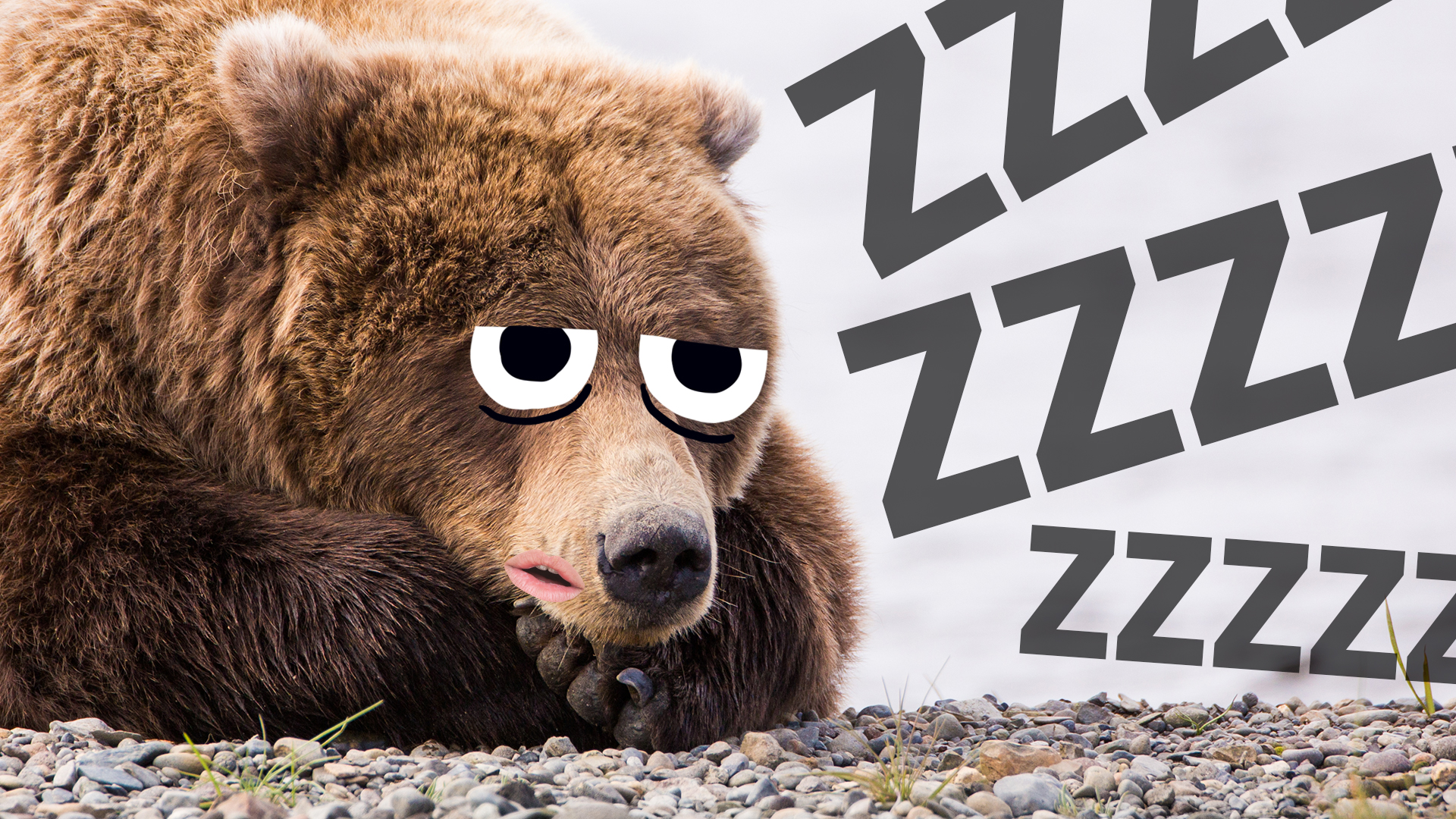
6. They don't just not eat during hibernation...
They don't wee or poo either!
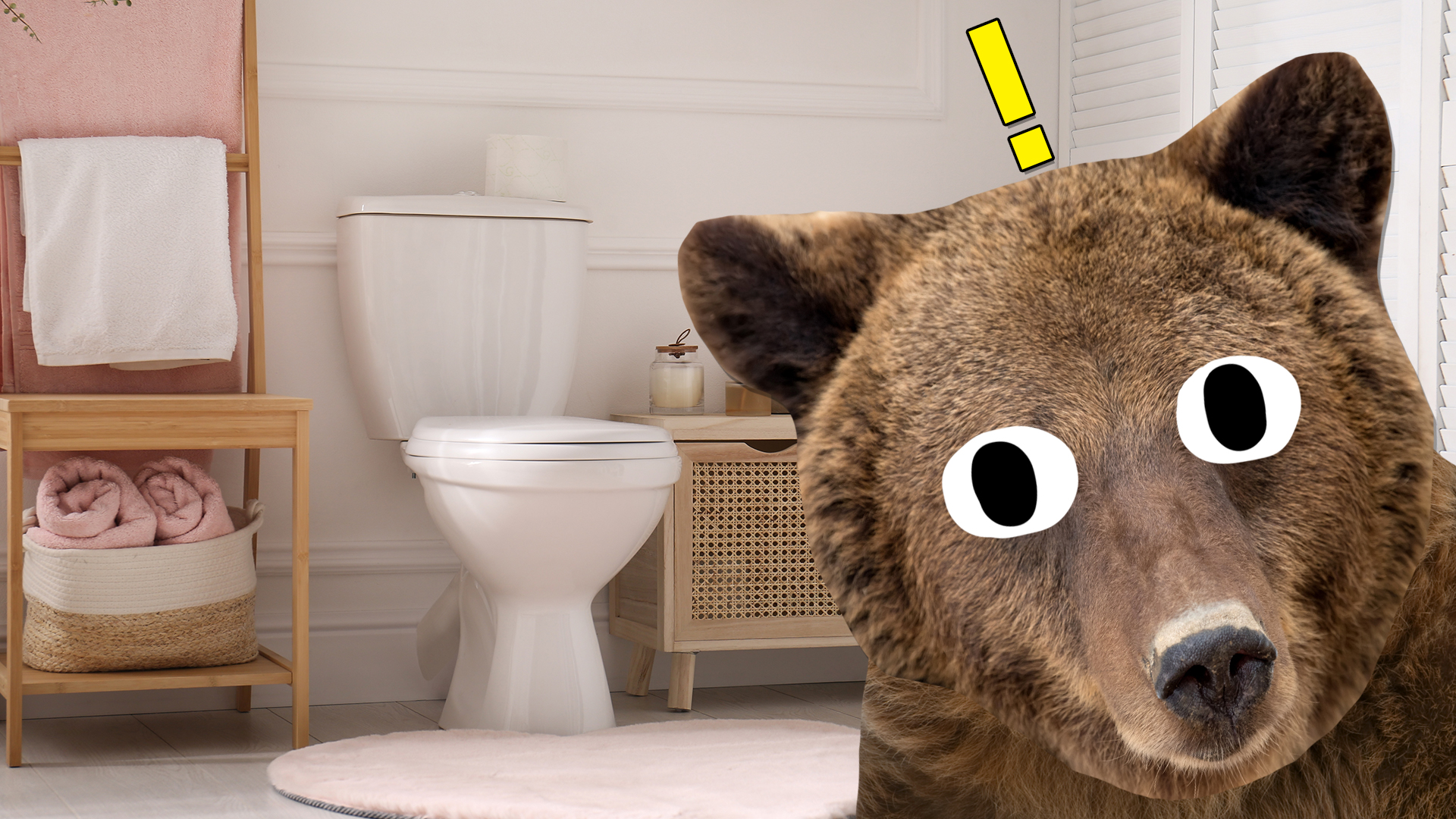
7. Baby bears are born during hibernation
Mother bears grow their bear cubs in their wombs over the winter months and typically give birth in February. They then nurse their young for a few months before they all leave the den in the spring!
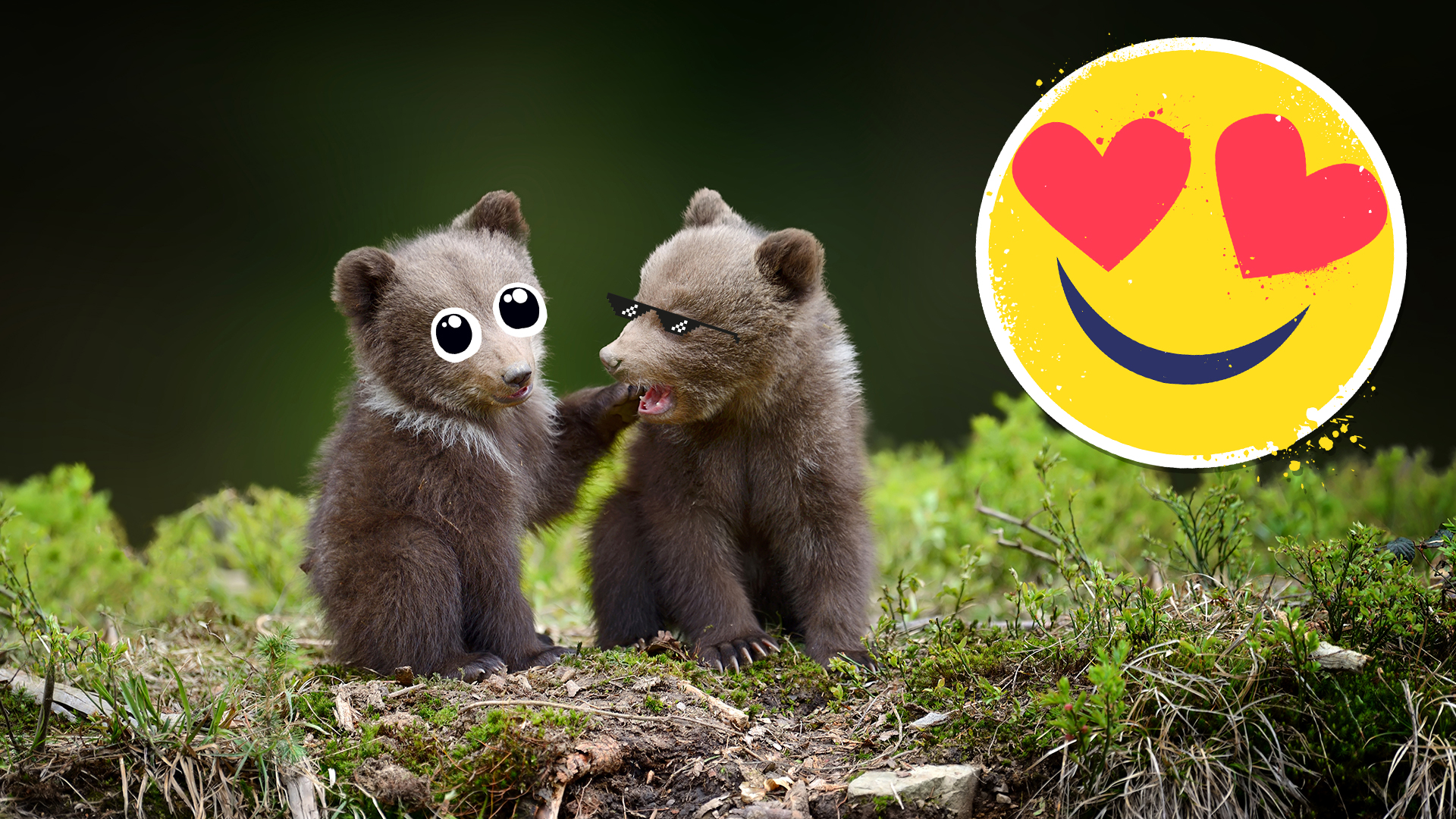
8. Do pandas hibernate?
Giant pandas live in some of the coldest habitats of any bear. So they must hibernate too, right? Wrong! Pandas only eat bamboo, which is almost totally fat free. So pandas could never build up the fat reserves that other bears need for hibernation. Instead, pandas look for a sheltered spot and just stay there eating bamboo all winter!
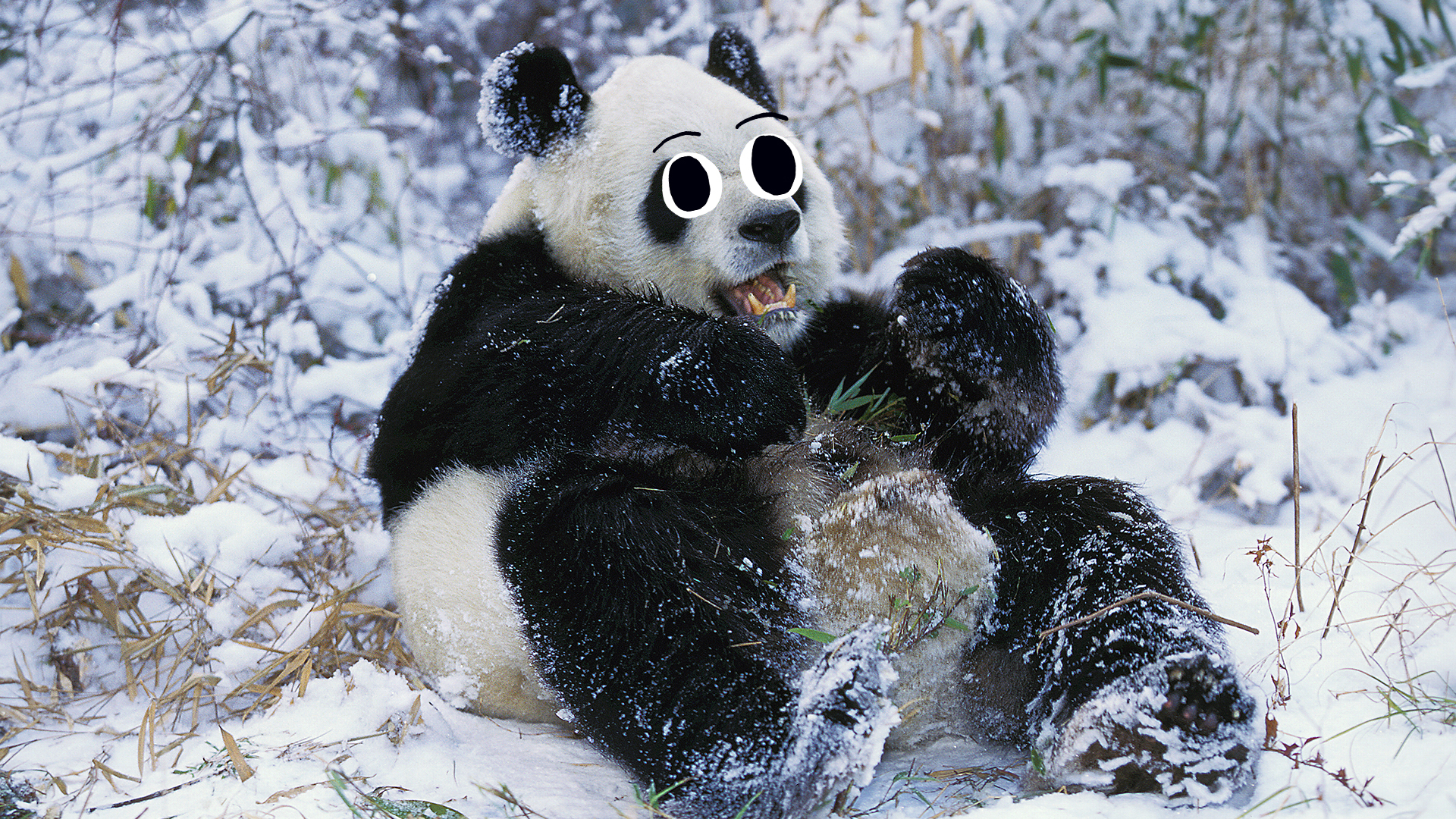
9. Hibernation could be really useful for us!
Scientists have been studying animals that hibernate for a long time, because they hope that we can learn something from their amazing abilities. Bears basically switch their kidneys on and off when they hibernate, and learning how they do that could be very handy for fixing kidney problems in humans!

10. Water bears?
So these strange microscopic animals aren't REALLY bears (at all) but they are nicknamed water bears. Officially called tardigrades, they live in puddles of water and when it comes to hibernating they're much more impressive than regular bears! Water bears go into a really extreme form of hibernation when their puddles dry up. Their bodies totally shut down until they get wet again - which could be years. Hibernating water bears can even survive in space!
